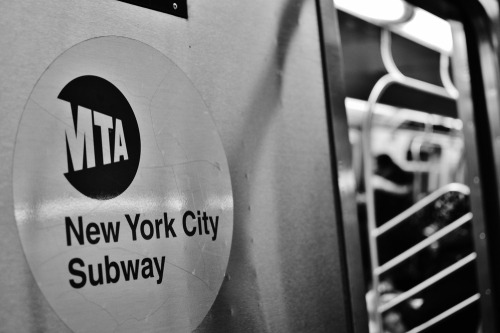
For the first time in more than two decades, the Metropolitan Transit Authority has projected it will have a balanced budget for five consecutive years.
In its preliminary five-year financial plan released this week, MTA showed a balanced budget through 2027. Previously, the MTA had warned of a fiscal cliff heading into 2023, with a projected $600 million deficit. But increased to the payroll mobility tax, increased city funding for paratransit and other dedicated tax in the 2024 New York State budget led the agency to project a balanced budget through the five year period.
The agency said it had started identifying operating efficiencies to save more than $400 million annually. New York City Transit, Long Island Rail Road and Metro-North Railroad have found more than $250 million in savings through reducing heating costs at facilities, using predictive algorithms to increase vehicle maintenance and repair efficiencies, and inviting Access-A-Ride users to book trips through an app instead of a call center, among other measures.
MTA officials said the agency will identify an additional $100 million in efficiencies in 2025 to achieve $500 million in annual savings.
“With a stable operating budget for the foreseeable future, the MTA will remain focused on providing the best possible service for New Yorkers, while also getting to work on transformative capital projects – to make the entire subway system ADA accessible, to transition to a zero-emissions bus fleet, and to bring all MTA systems much closer to an industry-standard State of Good Repair,” MTA Chair and CEO Janno Lieber said.
With traffic on MTA bridges and tunnel crossings back to pre-pandemic levels, and paid ridership on subways, buses, commuter railroads and paratransit continuing to trend upward, the MTA Board also approved a 5.5 percent toll increase and a 4% fare increase for 2023. The increases are expected to generate $117 million in 2023, with the five-year plan assuming additional 4 percent increases in 2025 and 2027.
“The best way to avoid a fiscal cliff is to have a balanced budget solution with new dedicated revenue streams, find areas to be more efficient, and continue to bring riders back,” said MTA Chief Financial Officer Kevin Willens. “The revenue generated from new dedicated taxes, a modest increase in tolls and fares and identifying operational efficiencies will keep the budget balanced through 2027.”